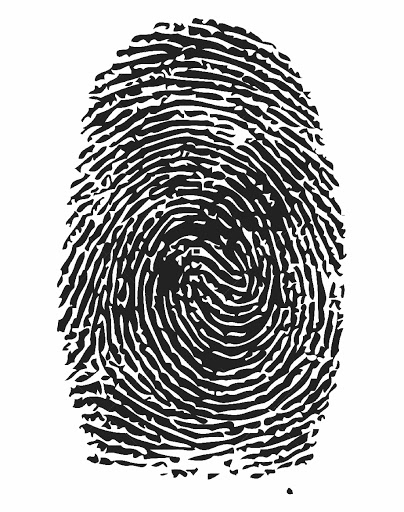Everyone has his or her own definition of branding. Branding is confusing and often misunderstood.
Branding is the sum of all parts of your integrated marketing efforts – advertising, public relations, collateral, conferences, sales, customer service, et cetera, all touch-points, which produce distinguishable impressions and perceptions in the mind of your target audience and stakeholders.
A brand is a collection of intangibles: ideas, feelings and word associations.
A brand is a collection of perceptions in the mind of the consumer.
Branding is the positioning of a product or service in a unique way that differentiates it from competition. The challenge is to identify the point of differentiation in the minds of your target audience.
A brand establishes a distinctive value, relevance, and importance – the core value of your product or service.
A brand focuses and delivers on its unique area of competence.
A brand differentiates and establishes value in the eye of your audience.
A brand is a name that is unique, memorable, and distinctive. A brand is a sign, an icon, a logo.
A brand is a descriptive category phrase. A brand is a tagline that expresses functional and emotional benefits.
A brand represents a value proposition.
A brand is a promise – a pledge of satisfaction and quality.
A brand equals trust.
Branding is continuity of message, look, and tone.
A successful branding campaign becomes a company wide culture adopted, supported and lived from the top down – from CEO to receptionist. The brand is your reason for being.
Confused? Don’t be. A brand is all of the above.
David Ogilvy’s definition of a brand: The intangible sum of a product’s attributes: its name, packaging, and price, its history, its reputation, and the way it’s advertised.


